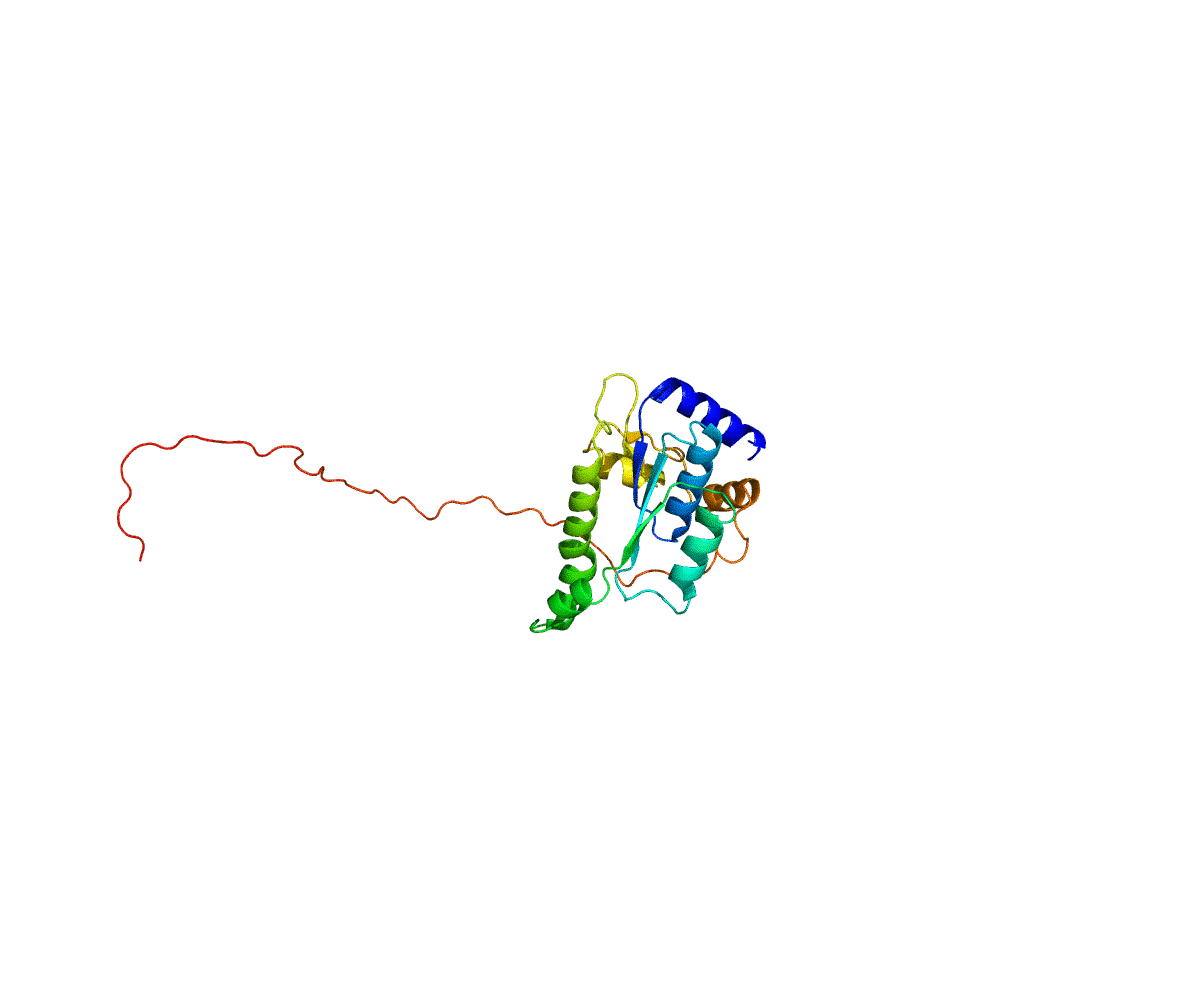MED-EL
Published May 07, 2014 | Last Update Mar 06, 2023
Learn About the Genetics of Hearing Loss

In a previous post we talked about different types of hearing loss, but there’s a lot more to hearing loss than just giving it a name to define the severity, like “severe-to-profound” or “sensorineural”. But, have you ever wondered about what might cause a hearing loss to happen? Let’s find out!
What is Genetics?
Genetics is the study of genes, which are like the body’s version of a recipe. Each gene contains the information that the body needs to grow and function. There are tens of thousands of genes in the human body and each one of them is responsible for something different, like hair color or blood type. Some of these genes also influence how a person’s cochlea (and the rest of the ear) grows and works.
A baby’s genes come from its parents: half from the father, and half from the mother. This is often why children tend to look like their parents, because they share some of the same genetic information.
What Does This Have to Do With Hearing Loss?
If something happens to the information within a specific gene, then the gene will work differently. It’s like taking a recipe and removing or rearranging a few of the ingredients and instructions. Most of the information will still be there, but if you follow the recipe you might not get the food that you expected. The same goes with genes: when something changes the information in a gene, the body receives different instructions.
Depending on where you live, about 2 to 3 out of every 1,000 babies will be born with a severe-to-profound hearing loss. About half of the hearing loss in newborns (called congenital hearing loss) is due to genetics.
Genetic hearing loss can occur even if no one else in the family has had a hearing loss. Sometimes it occurs every generation, sometimes it skips a few generations, and sometimes it happens completely unexpectedly.
Genetic Causes of Hearing Loss
A genetic hearing loss can be independent, and other times it’s part of a larger syndrome that affects more than just the hearing. About 70% of the time, a person with a genetic hearing loss will not have any other symptoms.
One of the most common causes of genetic hearing loss is a change in the gene called “Connexin 26”. Some syndromes that are commonly responsible for hearing loss include Pendred Syndrome, Waardenburg Syndrome, and Stickler Syndrome.
Sometimes it’s not possible to find a cause for someone’s hearing loss. In fact, about 25% of the time there’s no way to identify it. But that’s okay, because regardless of the cause your doctor will still be able to find the best hearing loss solution.
How Can I Find Out More Information About Genetics and Children?
The most important thing you can do is to educate yourself about your own situation. This is done with genetic testing, in which a professional who is trained in genetics will analyze your family’s genes with a simple blood test.
Why would you want to test your genetics? Some people do so to learn more about themselves, while others do it because their genes directly affect their children. If you have a genetic hearing loss, then you can learn about what might happen if or when you have children.
If your child has a genetic hearing loss, there are lots of different types of solutions that can help to restore their hearing. By contacting your doctor or visiting your local MED-EL clinic, you’ll be able to learn more about the best solution for your child.
MED-EL
Was this article helpful?
Thanks for your feedback.
Sign up for newsletter below for more.
Thanks for your feedback.
Please leave your message below.
Thanks for your message. We will reply as soon as possible.
Send us a message
Field is required
John Doe
Field is required
name@mail.com
Field is required
What do you think?
MED-EL


